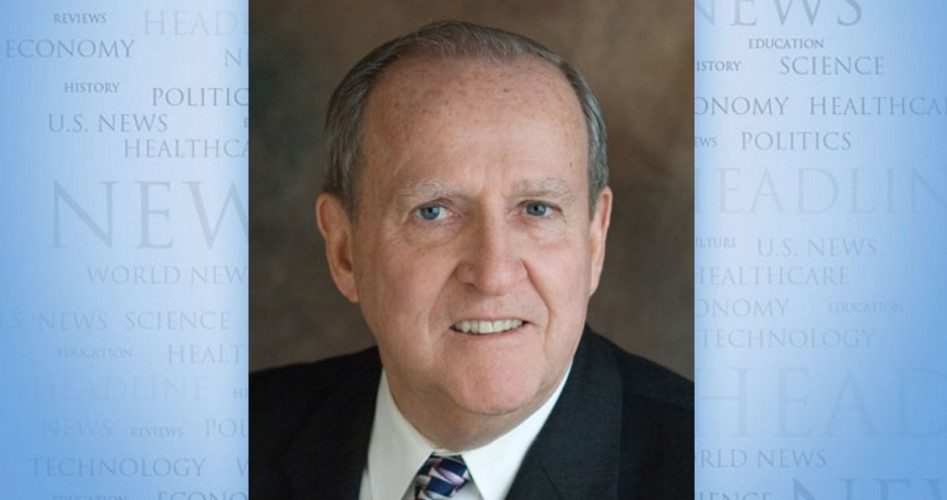
The Democrats who are rushing to have the House of Representatives vote to impeach President Trump have several hurdles to contend traverse. For one, there are approximately 20 Democrat House members who won their seats in 2018 in districts won by Trump in 2016. Should they vote for impeachment, they can expect to face formidable Trump-favoring challengers on Election Day 2020. Obviously, they don’t want that.
Another hurdle will be the Republican-led hearings in the Senate (should the House vote to impeach) that will counter the near monopoly enjoyed by the Democrats in the House over the past several weeks. The media have been extremely generous in covering and reporting on what has occurred to date and almost all of it has favored the Democrat’s anti-Trump case.
A third potential problem for the Democrats who are still trying to get over the Trump victory in 2016 is last week’s testimony given by George Washington University Law School Professor Jonathan Turley. Appearing before the House Judiciary Committee, Turley claimed to find no justifiable reason for impeachment. He started his remarks before the committee by saying that he had voted against Trump in 2016 and had voted for the past two Democrat presidents (Bill Clinton and Barack Obama). In other words, he is no fan of Donald Trump’s presidency. Then the well-known D.C. lawyer stated:
One can oppose President Trump’s policies or actions but still conclude that the current legal case for impeachment is not just woefully inadequate, but in some respects, dangerous, as the basis for the impeachment of an American president.
Speaking about the president, he told of being ”highly critical of him, his policies, and his rhetoric in dozen of columns.” And he added that he has “repeatedly” criticized the president for “raising the Hunter Biden matter with the Ukrainian president” and added, “To put it simply, I hold no brief for President Trump.” If Professor Turley had stopped there, Democrats would have cheered him. But he didn’t and he proceeded immediately to say that his personal and political views are “irrelevant.” He continued:
Today, my only concern is the integrity and coherence of the constitutional standard and process of impeachment. President Trump will not be our last president and what we leave in the wake of this scandal will shape our democracy for generations to come. I am concerned about lowering impeachment standards to fit a paucity of evidence and an abundance of anger.
Professor Turley added that impeaching the president based on the Ukraine allegations would be remembered in history as “the shortest proceeding, with the thinnest evidentiary record, and the narrowest grounds ever used to impeach a president. That does not bode well for future presidents who are working in a country often sharply and, at times, bitterly divided.” He then claimed that requiring a quid pro quo demanding an investigation of a political rival before awarding military aid can be impeachable, “if proven.” But he knows of no proof that such a charge against the president had been presented.
Because there has been no such charge, Turley summed up his stand by comparing the House’s grounds for impeachment to architecture. He concluded:
The higher the building, the wider the foundation. There is no higher constitutional structure than the impeachment of a sitting president and, for that reason, an impeachment must have a wide foundation in order to be successful. The Ukraine controversy has not offered such a foundation and would easily collapse in a Senate trial.
Professor Turley is correct. But the Democrat leaders in the House are obviously proceeding with their impeachment plans. They risk making a martyr out of Donald Trump. And martyrdom in the view of many voters may surely be enough to award the president victory in the 2020 presidential race.
John F. McManus is president emeritus of The John Birch Society.



